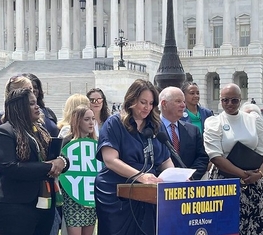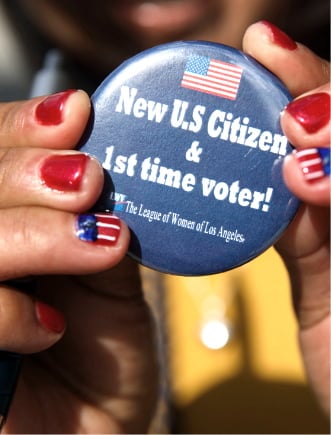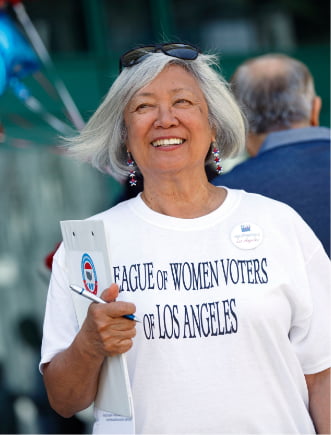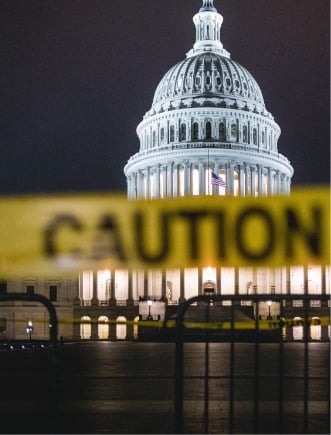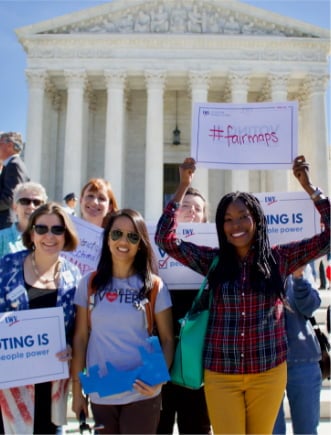This opinion was originally published in InForum.
The freedom to read is essential to democracy and guaranteed by the First Amendment of the U.S. Constitution. Free access to information is essential to an informed electorate and critical to engaging in our democratic freedoms.
We saw the freedom to read attacked by our state legislature through the introduction of three bills aimed at restricting access to books in our public libraries, one of which was passed and signed into law. The legislature’s attempt to remove books from our libraries is government censorship, and continuing on this path erodes our country’s commitment to freedom of speech.
The American Library Association has reported nearly 700 attempts to ban library books across the country in 2023, and most of the book titles being challenged were written by or about members of the LGBTQ+ community or people of color. All North Dakotans, especially our young people, deserve to see themselves represented in our library books, and a small group of state legislators should not decide what books our local communities can access at our library.
October 1-7 is Banned Books Week, and the League of Women Voters of North Dakota stands with our public libraries, our librarians, and the freedom to read in North Dakota.
Barbara Headrick, Fargo, is president of the League of Women Voters of North Dakota.
What You Can Do
The Latest from the League
The League of Women Voters of North Dakota filed a lawsuit asking the United States District Court of North Dakota to provide relief for voters from the state’s burdensome signature match policy.
A federal judge ruled that North Dakota’s process for absentee ballot verification will include a notification and remedy method for voters whose ballots are flagged for rejection due to signature mismatch.
Fargo, ND – Today, the League of Women Voters of North Dakota (LWVND), represented by Campaign Legal Center (CLC), filed a motion seeking to intervene on behalf of voters and LWVND members to defend against a challenge to the state's mail-in voting processes.

